A public health and rights approach to drugs
UNAIDS RECOMMENDATIONS FOR THE UNITED NATIONS GENERAL ASSEMBLY SPECIAL SESSION ON THE WORLD DRUG PROBLEM
The United Nations General Assembly Special Session (UNGASS) on the World Drug Problem in April 2016 provides a unique opportunity to review the impact of the existing international drug control system on the health and well-being of mankind. The development and implementation of drug control policies have a significant impact on health and rights. Addressing HIV among people who inject drugs is one of the major avenues to end the AIDS epidemic by 2030.
UNAIDS welcomes the stronger health and rights approach that is emerging in current drug control debates in the context of the 2016 UNGASS on the World Drug Problem. This trend needs to be translated into concrete operational and measurable commitments by Member States.
HEALTH, RIGHTS, HIV AND DRUGS
There are more than 12 million people who inject drugs worldwide—and they live across more than 93 countries; an additional 63 countries report injection drug use but do not have estimates of the size of this population. The joint UNODC, WHO, World Bank, UNAIDS estimates indicate that around 13% of people who inject drugs—1.7 million people—are living with HIV (1). People who inject drugs are 28 times more likely to acquire HIV than others in the general population (2). In 2014, an estimated 110 000 people who inject drugs were newly infected with HIV and people who inject drugs account for approximately 30% of all new HIV infections occurring outside of sub-Saharan Africa (3).
There is irrefutable evidence that new HIV infections drop sharply when people who inject drugs have access to harm reduction and other public health programmes. Property crimes are reduced, public security is increased and there are improved health outcomes for people who inject drugs. Alternatives to criminalization and incarceration facilitate access to health services and enable drug use to be treated as a health condition rather than as a crime. Public health programmes can be fully funded for a fraction of the current investments in the criminal justice system related to drug offenses and they will produce significantly higher health and social benefits.





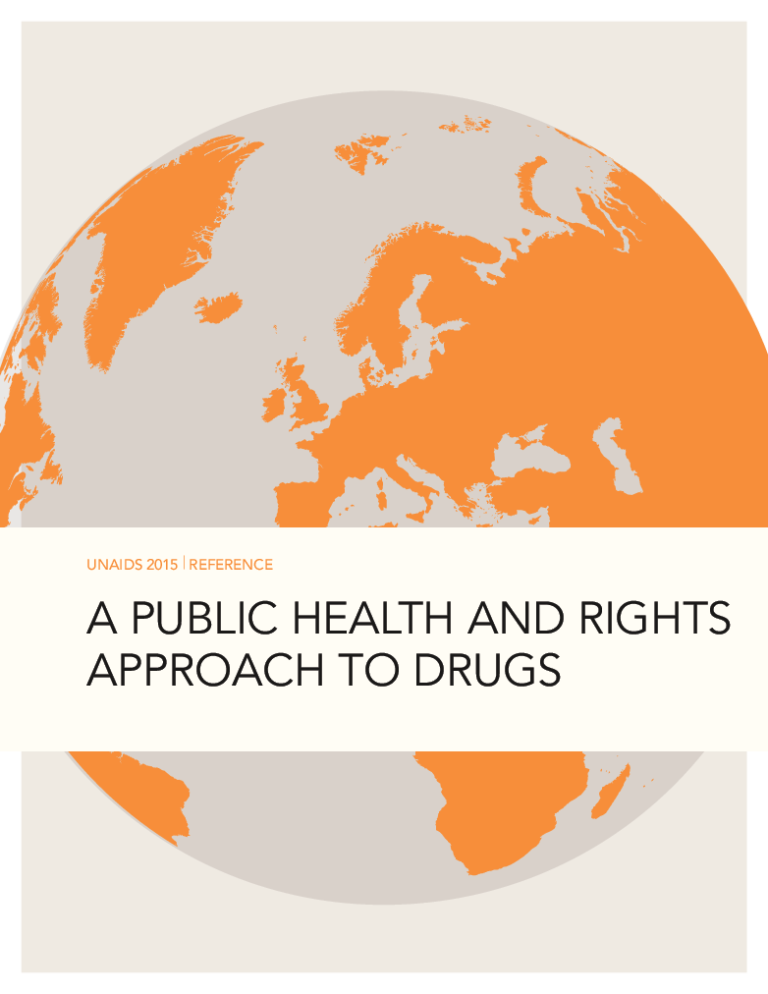
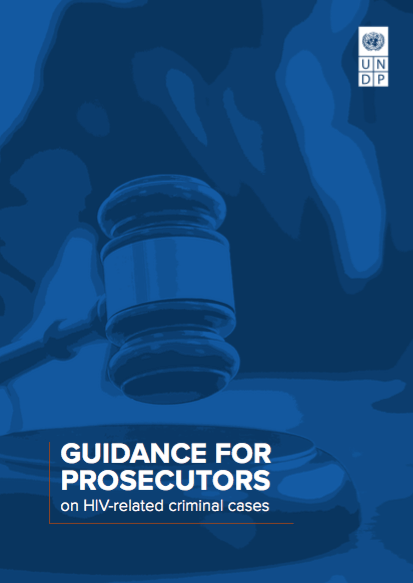 Guidance for prosecutors on HIV-related criminal cases.
Guidance for prosecutors on HIV-related criminal cases.
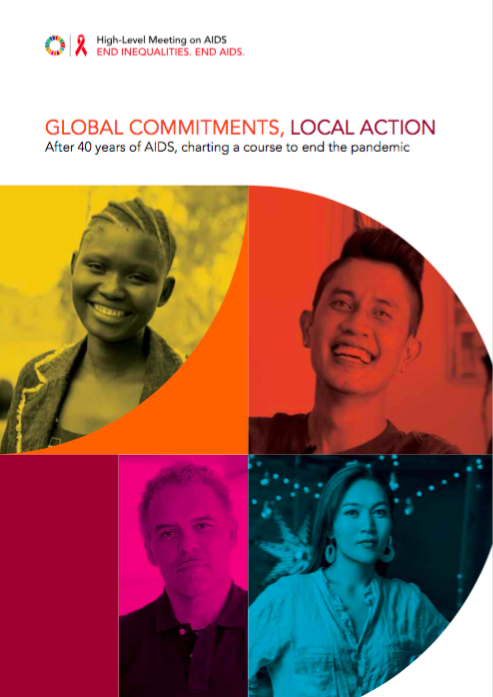 Global Commitments, Local Action. After 40 years of AIDS, charting a course to end the pandemic
Global Commitments, Local Action. After 40 years of AIDS, charting a course to end the pandemic
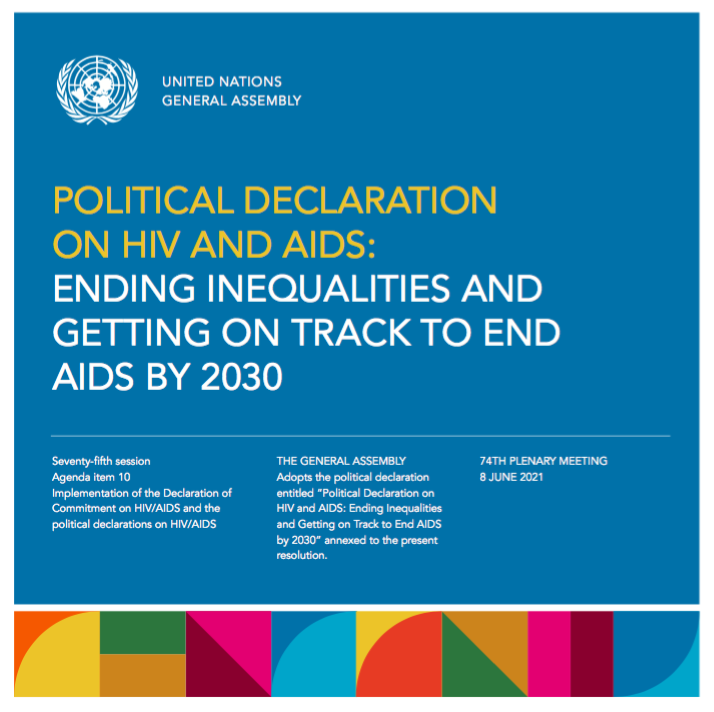 Political Declaration on HIV and AIDS: Ending Inequalities and Getting on Track to End AIDS by 2030
Political Declaration on HIV and AIDS: Ending Inequalities and Getting on Track to End AIDS by 2030
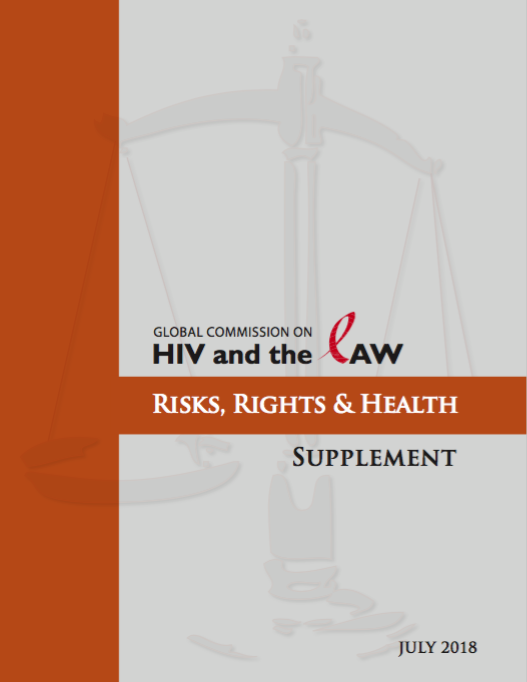 Supplement to the Report of the Global Commission on HIV and the Law “Risks, Rights & Health”
Supplement to the Report of the Global Commission on HIV and the Law “Risks, Rights & Health”